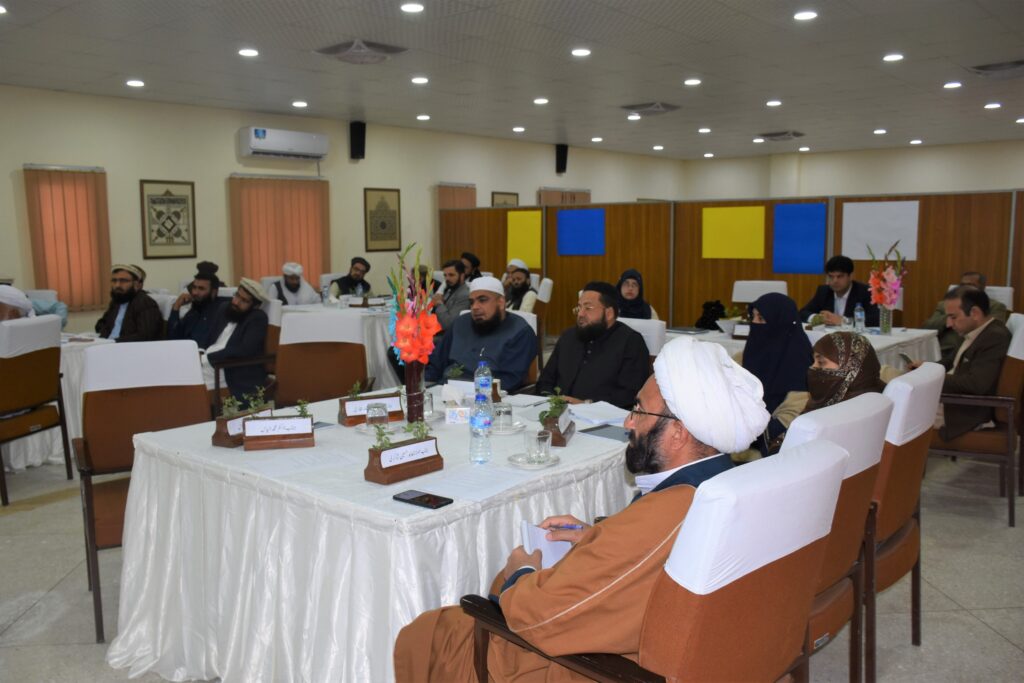Youth-led Madrassah Engagement

The role of madrassahs as institutions of religious learning in the society can partly be attributed to the deficiencies of the public education system in the country. Pakistan is spending a smaller percentage of its GDP on education than several other countries in the same national income bracket. This has translated into a high prevalence of out-of-school children and, at times, an undesirable quality of education in the public educational institutions. The relatively well-off parents are able to choose private educational institutions over the public ones to ensure quality education for their children. Some of the underprivileged parents, on the other hand, who cannot afford the fees of private educational institutions send at least one of their children to a madrassah for education. Although religious motivations are involved, economic factors considerably influence such decisions.
A considerable amount of divergence of opinion, however, exists between the perception of madrassah leadership about madrassahs and the perception of the government institutions about the same. Although madrassahs are educational institutions, the Government of Pakistan has principally dealt with them through the prism of the internal security of the country. Considering the aforementioned context, CODE PAKISTAN felt the need for involving the leadership of the ITMP for identifying the perceptions of the madrassah leadership on their engagement regarding promotion of a culture of peace and non-violence, global citizenship, and appreciation of diversity among the madrassah students and administrations.
To identify effective entry points for implementing a comprehensive strategy for constructively engaging madrassah students, CODE PAKISTAN conducted several interviews with the relevant senior-level central madrassah leadership of the country as well as the leadership in the provinces of KP and Sindh in early 2019. The interviews were followed by two roundtable dialogues in Peshawar and two roundtable dialogues in Karachi with the senior-level provincial leadership of the madrassahs. The four roundtables in Peshawar and Karachi were followed by another roundtable in Islamabad, which was held in collaboration with the Council of Islamic Ideology (CII) at the CII.
The input received through the interviews and the five consultations thoroughly enriched our knowledge on the needs of the mainstreaming of madrassahs and their perceptions regarding their engagement.
